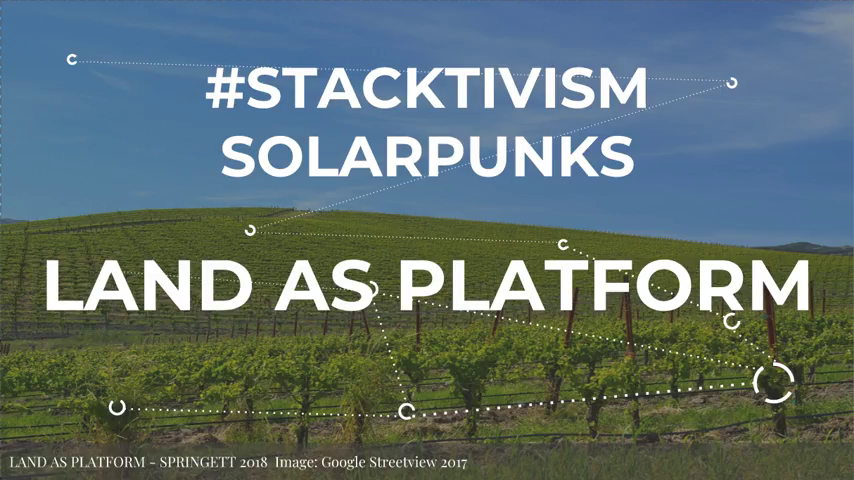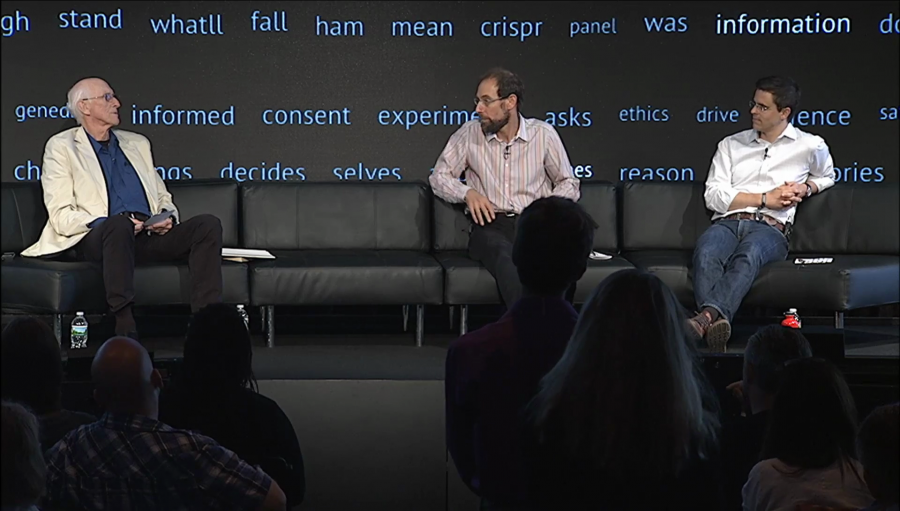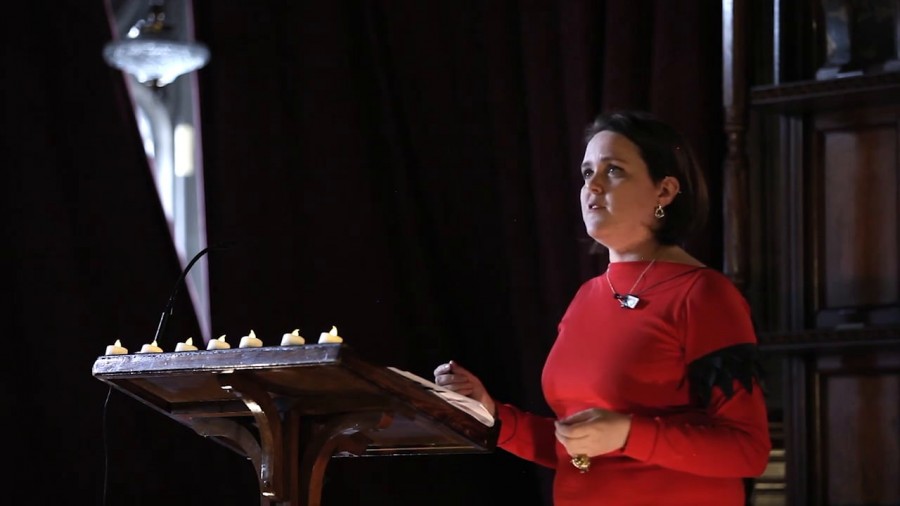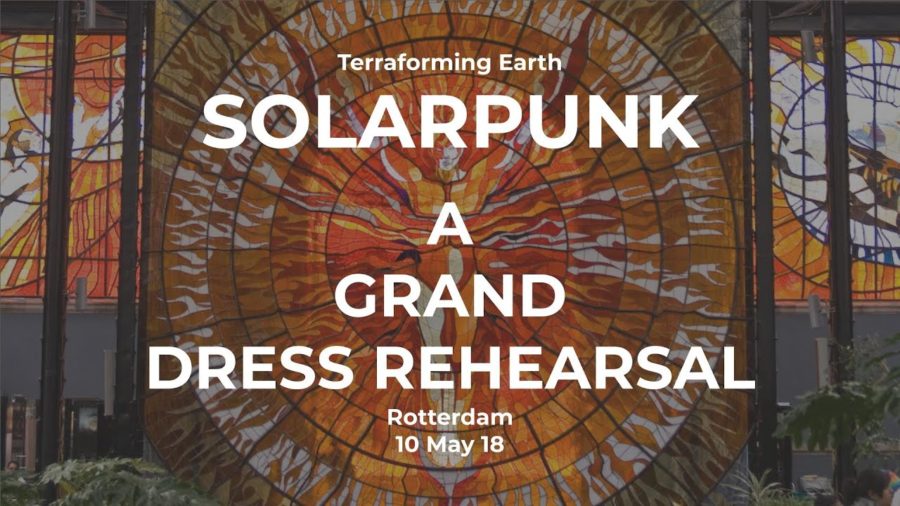Many of the concerns of the cyberpunk genre have come true. The rise of corporate power, ubiquitous computation, and the like. Robot limbs and cool VR goggles. But in many ways, it’s far far worse.
Archive

When we think about short-term thinking, how short-term is short-term? Because if you plant a tree, like an oak tree, it takes 100 to 120 years for an oak tree to be fully grown. So anything between the point in which you plant the tree to when the tree is fully grown is short-term thinking, when we speak about land.
I vacillate…between thinking that we’re doomed because we have given ourselves over to a stupid system that’s now backed up by guns. And then a much more utopian view that we’ve always lived in stupid systems and that we’re always making them better.
One of the most important insights that I’ve gotten in working with biologists and ecologists is that today it’s actually not really known on a scientific basis how well different conservation interventions will work. And it’s because we just don’t have a lot of data.

Solar geoengineering rests on a simple idea that it is technically possible to make the Earth a little more reflective so that it absorbs a little less sunlight, which would partly counteract some of the risks that come from accumulating carbon dioxide in the atmosphere. When I say technically possible, it appears that at least doing this in a crude way is actually easy, in the sense that it could be done with commercial off-the-shelf technologies now, and it could be done at a cost that is really trivial, sort of a part in a thousand or a part in ten thousand of global GDP.
There are biologists who’ve spent their careers working on some species of beetle in the tropical rainforest, and they just love the rainforest in their bones And they feel that when they go testify in Congress to some committee, that they can’t just say, “I love it in my bones and you guys will love it too, if you share it with me.” They have to say, “Oh, we’ve done all this math and computed that there’s an ecosystem service here.” And I think that that has really impoverished our debate about environmental issues.

It’s the expectations themselves that start to change the material qualities of our world, the material qualities around science and technology, around our political activities. That it’s not just that the entrails have been read, but the fact that you now have to make a decision whether you’re going to heed that warning or not.

